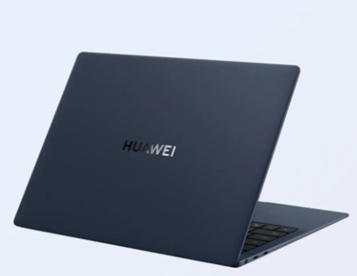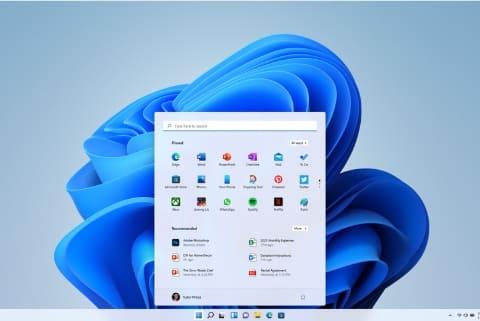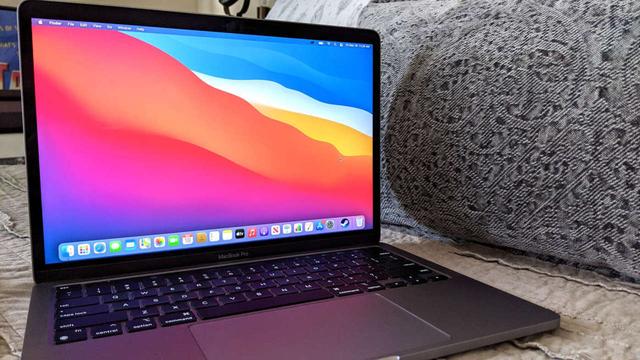Tips for Parents When Buying a Lapt...
21
11
Tips for Parents When Buying a Laptop for Their Children
In today's digital age, having access to a computer is becoming increasingly essential for a child's education. Whether it's for online classes, research, or creative projects, a reliable laptop can greatly enhance a student's learning experience. However, with the plethora of options available, it can be overwhelming for parents to make the right choice. Here are some crucial factors parents should consider when buying a laptop for their children.
A Parent's Guide
Purpose and Usage
The first step in choosing the right laptop is to determine its primary purpose. Will it be mainly used for school assignments, gaming, creative work like graphic design or video editing, or a combination of these? Different tasks require different specifications, so understanding the intended use will help narrow down the options.

Performance and Specifications
The laptop's performance is determined by its processor, RAM, and storage capacity. For basic tasks like word processing and internet browsing, a mid-range processor with 8GB of RAM should suffice. However, if your child is into more demanding activities like gaming or video editing, consider a higher-end processor and at least 16GB of RAM.
Battery Life
A laptop with good battery life is essential, especially if your child will be using it for extended periods without access to a power source. Look for a laptop that offers at least 8-10 hours of battery life to ensure it can last through a full day of classes or activities.
Portability and Durability
Depending on your child's age and activities, portability and durability may be crucial factors. A lightweight laptop with a sturdy build can make it easier to carry around, while features like spill-resistant keyboards and rugged casings can help protect the device from accidents.
Screen Size and Display Quality
Consider the screen size that would best suit your child's needs. Smaller screens (around 11-13 inches) are more portable, while larger screens (15-17 inches) offer more screen real estate for multitasking. Additionally, look for a display with good resolution and color accuracy, as this can enhance the viewing experience.
Connectivity and Ports
Ensure the laptop has an adequate number of ports for connecting peripherals like external hard drives, mice, and headphones. Additionally, consider if the laptop has the necessary wireless capabilities, such as Wi-Fi and Bluetooth, for seamless connectivity.
Budget
Determine your budget beforehand to narrow down the options. While it's important to find a laptop that meets your child's needs, there are options available at various price points. Balance the desired features with your budget constraints to find the best fit.
Eye Protection
With the increasing amount of time children spend on screens, it's essential to consider eye protection. Look for laptops that offer features like blue light filters or screens with low blue light emission. These features can help reduce eye strain and discomfort, especially during long periods of computer use. The HUAWEI MateBook X Pro boasts a screen certified by TÜV Rheinland for its low blue light emission and absence of flicker. Keep an eye out for HUAWEI's black friday ksa deals, as this presents an opportune moment to consider investing in a laptop.

Warranty and Support
Lastly, consider the warranty and customer support options offered by the manufacturer. A solid warranty can provide peace of mind in case of any hardware issues, while reliable customer support can be invaluable if technical assistance is needed.
Conclusion
By carefully considering these factors, parents can make an informed decision when purchasing a laptop for their children. Remember that each child's needs and preferences are unique, so finding the right balance of features and specifications is key to ensuring a positive learning experience in the digital age.








